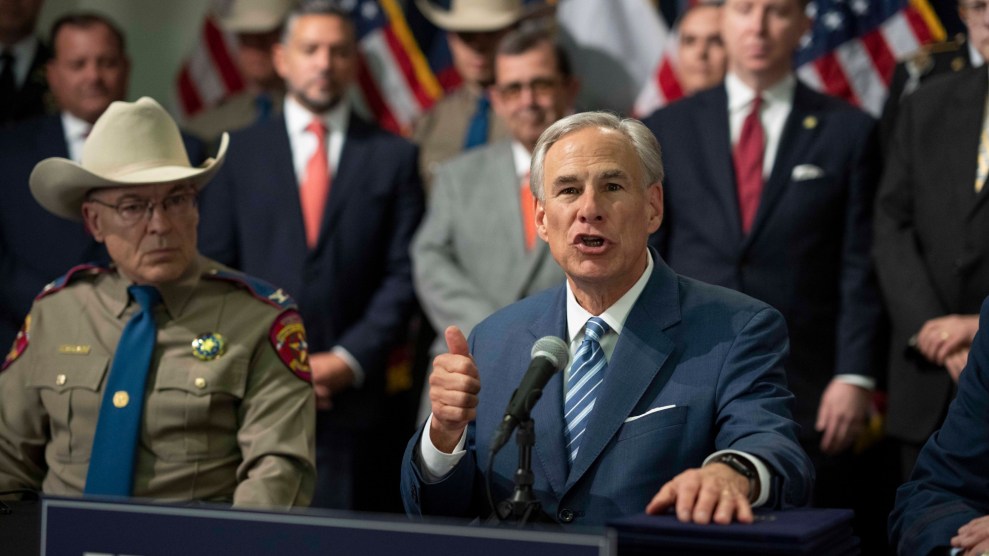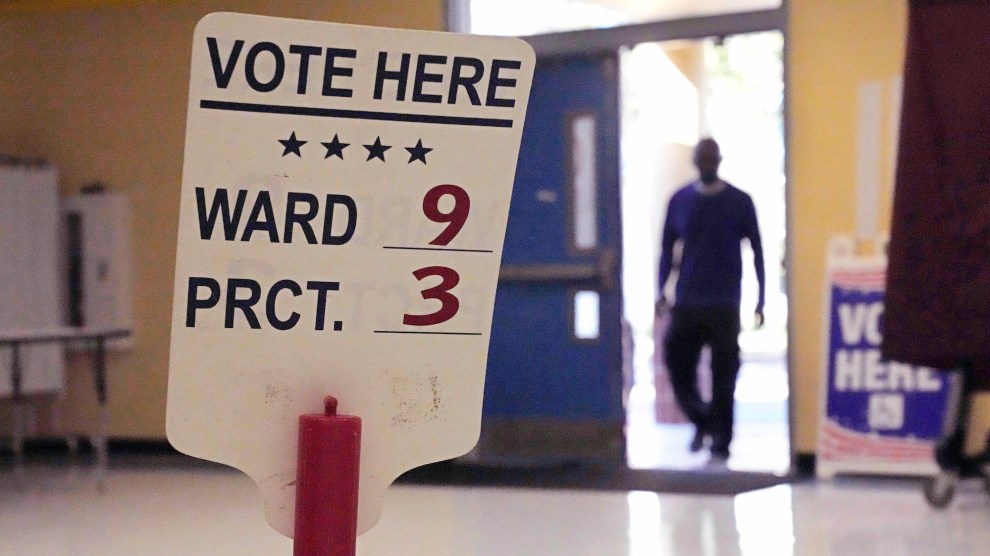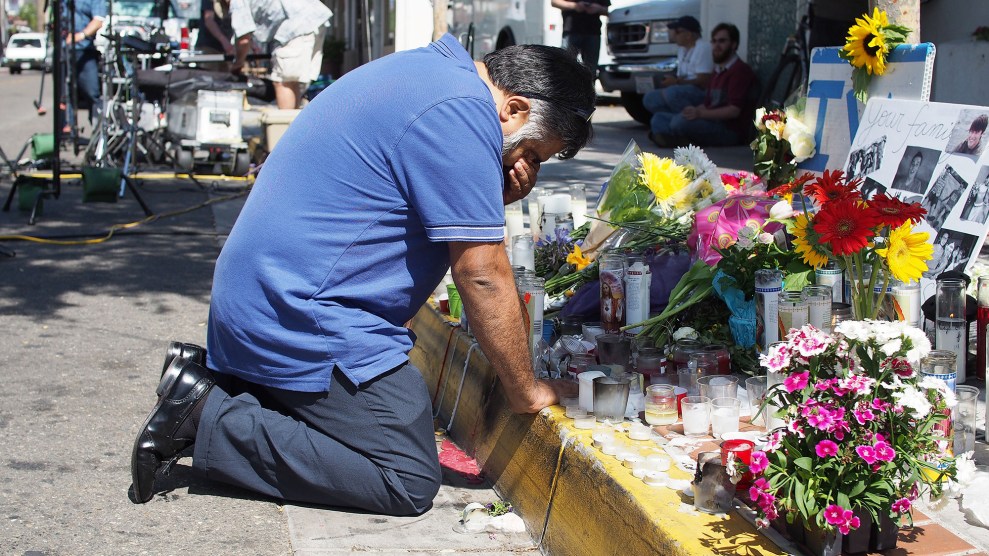When John F. Kennedy proposed the Community Mental Health Act of 1963, the federally funded, community-based mental health centers that the legislation introduced were seen as a humane alternative to the state mental institutions demonized by novelist Ken Kesey in “One Flew Over the Cuckoo’s Nest.”
For the next two decades, community mental health centers (which at their peak numbered 750, far lower than the 2,000 written into the legislation) received federal funding to provide essential services, largely to the uninsured poor. The centers’ clientele grew dramatically when state psychiatric hospitals, backed by state politicians eager to pass the funding burden to the feds, loosed their patients onto the streets. Advances in the efficacy of psychotropic drugs gave further momentum to the movement to treat the mentally ill in their own communities.
But in 1981 Ronald Reagan pushed Con-gress to kill federal funding for the program. Centers found themselves dependent on shrinking state budgets. The resulting cutbacks have impaired their ability to treat low-income patients, swelling the ranks of the untreated, mentally ill. Most of these people have ended up living on the streets or reinstitutionalized behind bars. (A U.S. Conference of Mayors survey found that one-third of the nation’s homeless suffer from severe mental illness; a University of Washington study concluded that 10 to 15 percent of inmates in state prisons are seriously mentally ill.)
With the Clinton managed-care health plan on the horizon, the future of community mental health centers is uncertain. Some have begun to market their services to managed-care programs and other private insurers. James Finley, a spokesman for the National Community Mental Healthcare Council, which represents one-third of the country’s community mental health centers, predicts that if the Clinton health bill passes, centers that fail to integrate into private-sector provider networks will be “shaken out” of the market.















